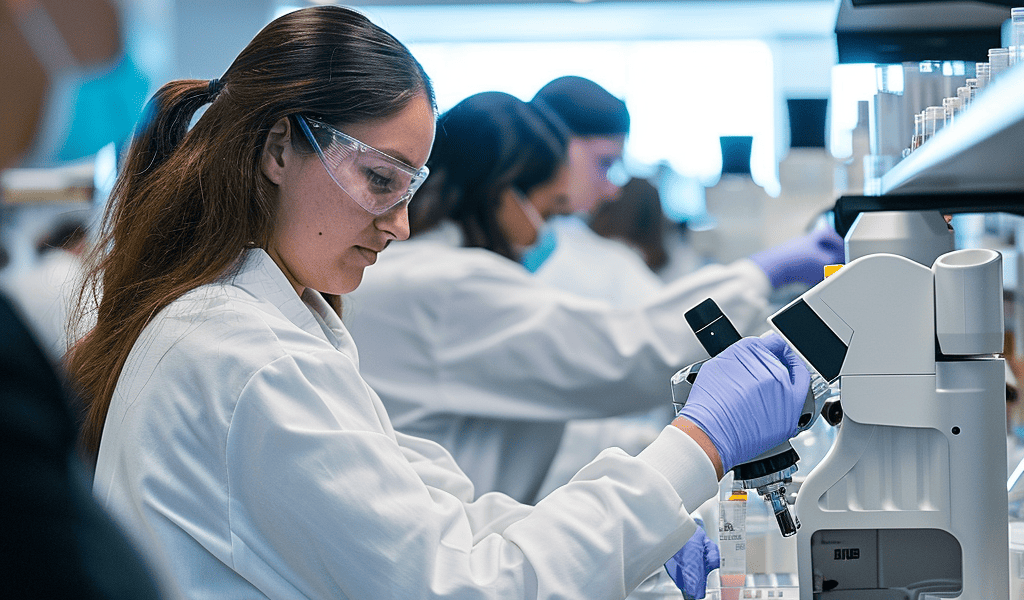A recent study conducted in England has shown promising results in using genotyping assays to identify SARS-CoV-2 variants in 2021. The study, published on January 17, 2024, aimed to assess the potential of genotyping assays to provide accurate and timely variant information at scale by retrospectively examining surveillance for SARS-CoV-2 variants in England between March and September 2021.
The researchers chose a panel of four RT-PCR genotyping assays to detect circulating variants of SARS-COV-2 in England and developed a decision algorithm to assign a probable SARS-CoV-2 variant to samples using the assay results. The study extracted surveillance data from the UK Health Security Agency databases for 115,934 SARS-CoV-2-positive samples when variant information was available from both genotyping and whole-genome sequencing (WGS).
By comparing the genotyping and WGS variant results, the study calculated accuracy metrics, including sensitivity, specificity, and positive predictive value (PPV), as well as the time difference between the sample collection date and the availability of variant information. The study also assessed the number of samples with a variant assigned from genotyping or WGS, or both, over time.
The findings of the study revealed that genotyping and the initial decision algorithm were accurate for key variant assignment, with high sensitivities and PPVs for the alpha, beta, and gamma variants. The subsequent decision algorithm over a longer time period also remained accurate for key variant assignment, demonstrating the reliability of genotyping in identifying SARS-CoV-2 variants. Genotyping produced variant information at a median of 3 days after the sample collection date, which was faster than with WGS, highlighting the potential for genotyping to enable timely and efficient variant detection.
The study’s results suggest that genotyping assays have the flexibility to increase the quantity of samples tested for variants, providing a promising alternative to whole-genome sequencing for large-scale surveillance of SARS-CoV-2 variants. The use of genotyping assays could address the limitations of cost, capacity, and timeliness associated with whole-genome sequencing, especially when assessing large populations in a timely manner.





